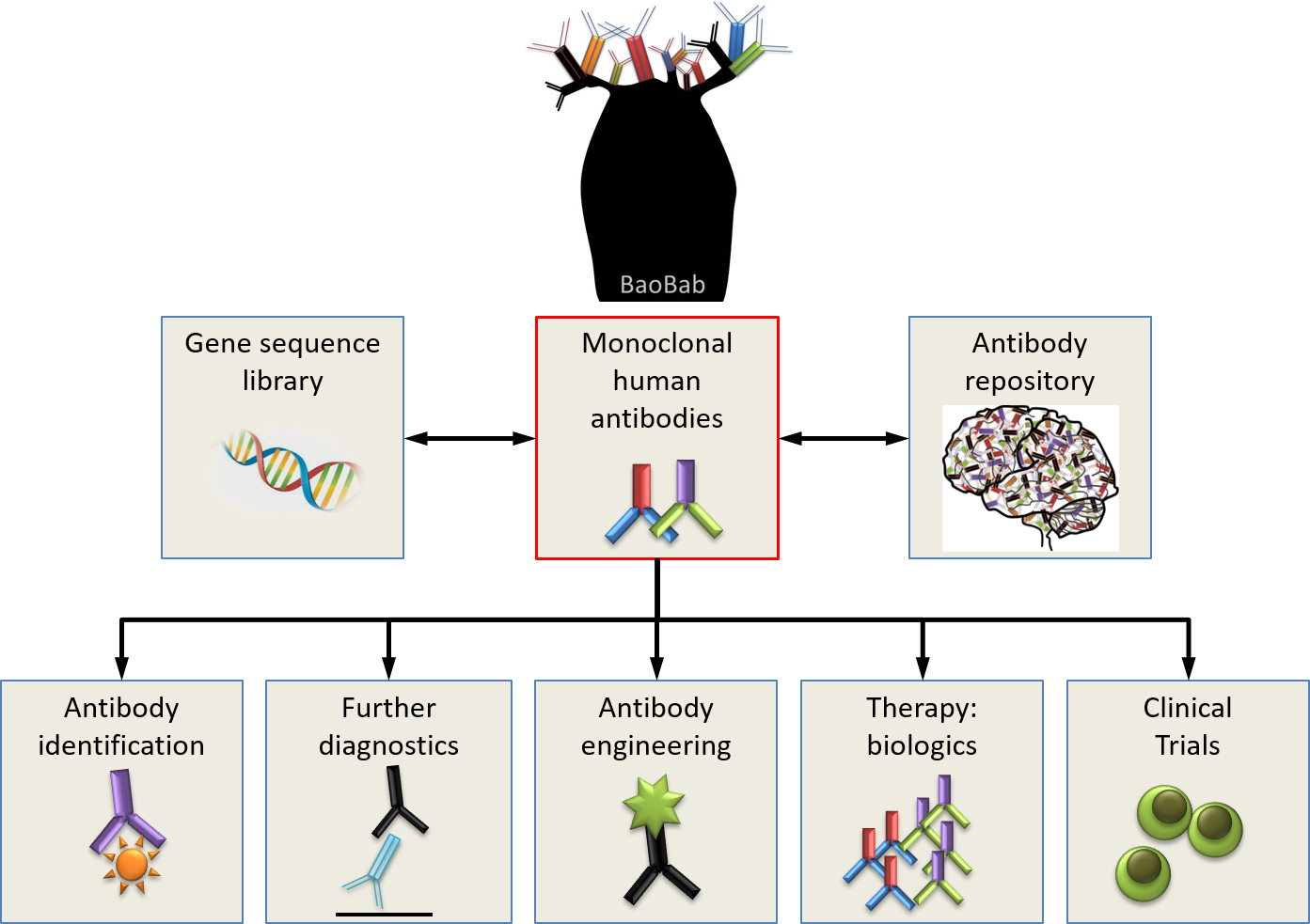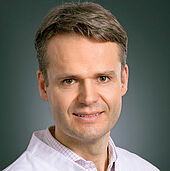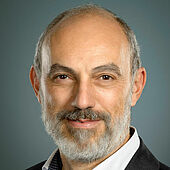BaoBab – a Helmholtz Innovation Lab
A platform for broad isolation and characterization of human monoclonal antibodies
BaoBab (Brain antibody-omics and B-cell Lab) was founded as a Helmholtz Innovation Lab (HIL) in 2020 and is affiliated to the German Center of Neurodegenerative Diseases (DZNE), located at the sites in Berlin and Bonn. The core element of BaoBab is a customized semi-automated platform designed for the generation and characterization of human monoclonal antibodies. The isolation of autoreactive antibodies from patients’ cerebrospinal fluid and blood samples is our main focus. Thereby, we aim to substantiate better understanding of the role of the humoral immune system in a broad spectrum of neuropsychiatric and neurodegenerative diseases. By providing novel insights into disease pathology, BaoBab strategically focuses on fostering cooperation between industrial and academic partners with the DZNE.
Technologies
Human antibodies from the cerebrospinal fluid (CSF) are an exceptional source of bioactive molecules with enormous academic and commercial potential. BaoBab’s mission is to tap this potential by combining neurological relevant cohorts with the autoantibody expertise of Prof. Prüß' group in Berlin and the technical expertise of the DZNE core research facilities and services (CRFS) headed by Dr. Eugenio Fava in Bonn.

The “autoimmune encephalopathies” group of Prof. Harald Prüß at the DZNE Berlin combines clinical work and translational research on antibody-mediated diseases of the brain, such as encephalitis and autoimmune dementia. We have established a small-scale pipeline for isolation and subsequent recombinant production of monoclonal human antibodies. Within our first studies, we have already identified and characterized multiple highly-disease relevant human autoantibodies against a variety of targets including NMDA or GABA receptors, LGI 1, Caspr2, GFAP, mGluR5 and the acetylcholine receptor. We characterize these antibodies through a broad range of experimental approaches, both in vivo and in vitro. This has led to a growing expertise in a wide range of technologies, from immunofluorescence imaging to behavioral testing on rodent models.
The core research facility expertise ranges from light microscopy as well as image and data analysis to laboratory automation technologies and is complemented by a biorepository. State of the art automation technology allows us to establish a high throughput pipeline for the generation of monoclonal antibodies. We have designed a dedicated platform around a central pipetting unit (i7, Beckman Coulter) that performs all necessary molecular biology (PCR machines: ATC – ThermoFischer, RT-PCR: LightCycler 480 – Roche, reagents spotting: Echo 525 – Labcyte, capillary electrophoresis: Fragment Analyzer – Agilent, spectroscopy: Big Lunatic – Unchained Labs), microbiology (QPix 460, Molecular Devices) and cell culture work. In addition, we have further platforms and instruments like a confocal high throughput screening microscope (CV6000, Yokogawa) to expand our activities.

Our antibody database is constantly growing and will be instrumental for medical research. Moreover, it will allow to develop novel diagnostic tools and innovative therapeutic approaches and relevant insights into the immune biology of the central nervous system.
Products and partnering
BaoBab offers access to a unique library containing monoclonal antibodies derived from patients with:
- Autoimmune encephalitis
- Autoimmune forms of dementia
- Other autoimmune diseases affecting the central nervous system
- COVID-19
We are constantly looking for licensing partners or research collaborators for:
- Research tools
- Diagnostics
- Therapeutics
Furthermore, we are looking for partners in industry and academia for the further characterization (e.g. target identification) of our antibodies.
Key publications
Kreye J, Wenke NK, Chayka M et al. Human cerebrospinal fluid monoclonal N-methyl-D-aspartate receptor autoantibodies are sufficient for encephalitis pathogenesis. Brain 2016; 139:2641-2652.
doi: 10.1093/brain/aww208
Jurek B, Chayka M, Kreye J, et al. Human gestational N-methyl-d-aspartate receptor autoantibodies impair neonatal murine brain function. Ann Neurol 2019; 86:656-670.
doi: 10.1002/ana.25552
Kreye J, Reincke SM, Kornau H-C et al. A therapeutic non-self-reactive SARS-CoV-2 antibody protects from lung pathology in a COVID-19 hamster model. Cell 2020.
doi: 10.1016/j.cell.2020.09.049
Kreye J, Wright SK, van Casteren A et al. Encephalitis patient-derived monoclonal GABAA receptor antibodies cause epileptic seizures. J Exp Med 2021.
doi: 10.1084/jem.20210012
Reincke SM, Yuan M, Kornau H-C et al. SARS-CoV-2 Beta variant infection elicits potent lineage-specific and cross-reactive antibodies. Science 2022.
doi: 10.1126/science.abm5835
Management
BaoBab is formed by an experienced and interdisciplinary team of DZNE scientists from Berlin and Bonn who are dedicated to work on the translation of basic research to clinical application.
The team is supported by experts from the DZNE Technology Transfer Office and our partner Ascenion.

Charitéplatz 1
intern: Bonhoefferweg 3


Scientific advisor and Head of BaoBab

intern: Bonhoefferweg 3
Scientific advisor

